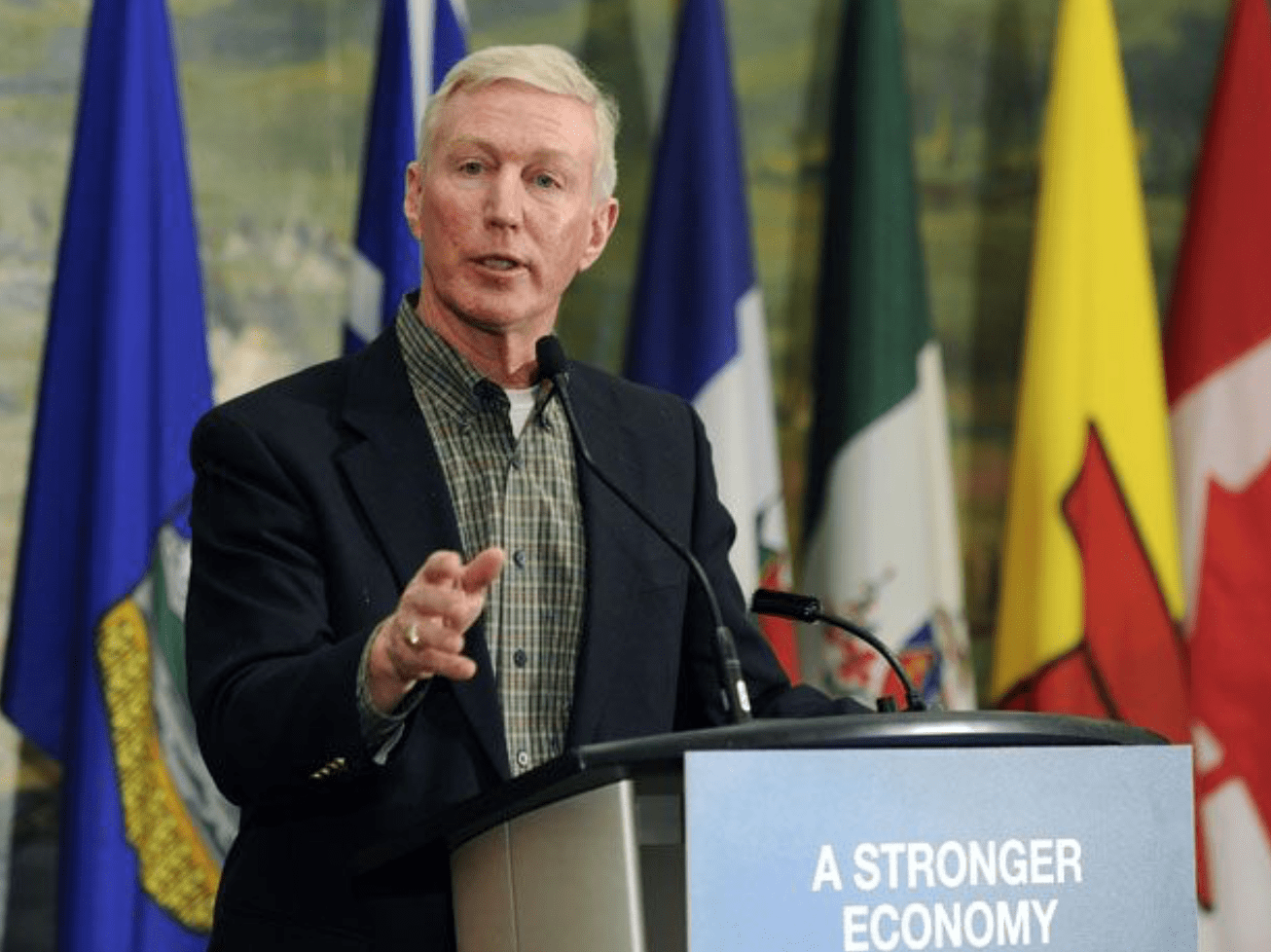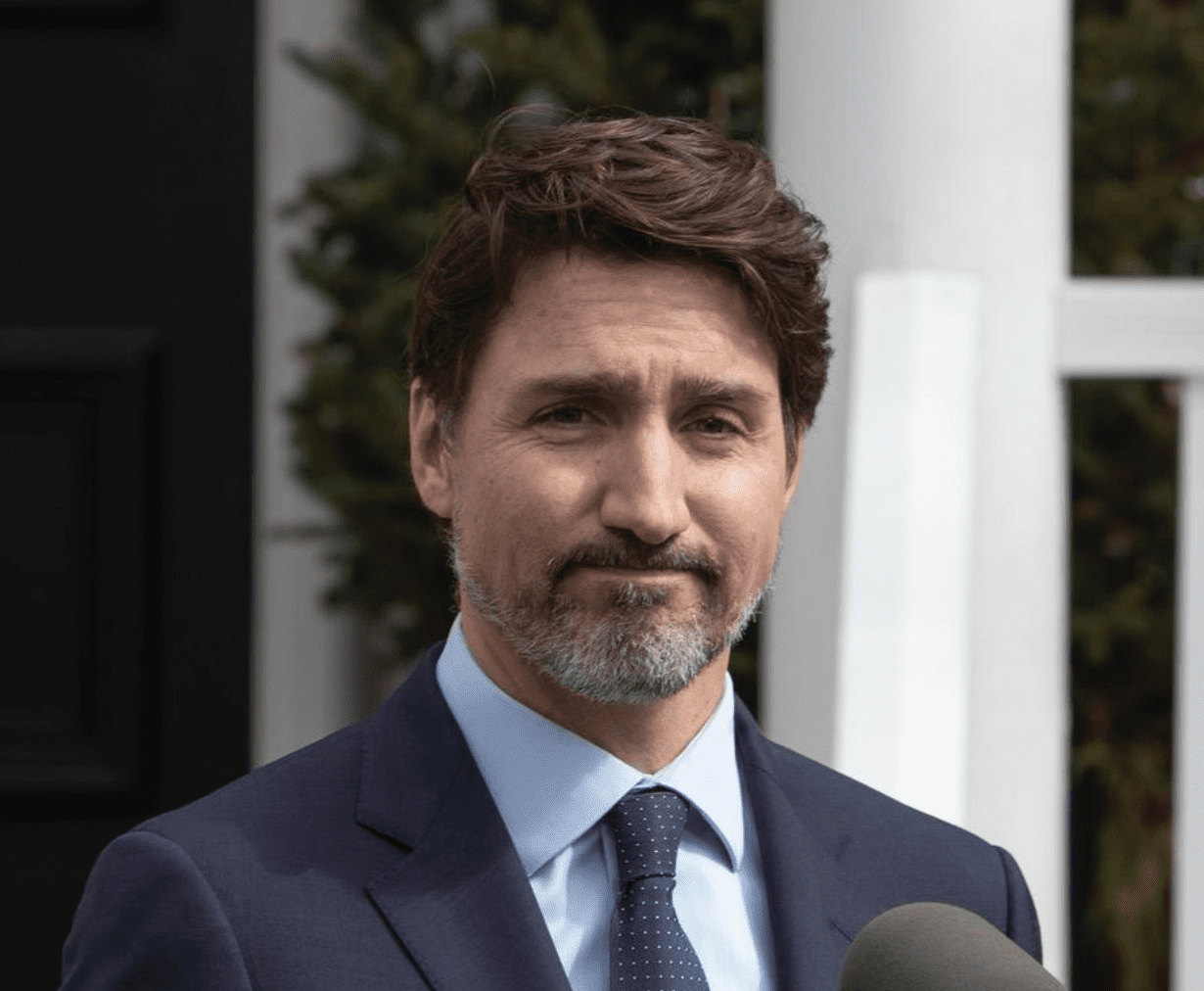Last week, Ted Morton, a former provincial minister of finance and energy (as well as a former professor of mine) made the case in the Calgary Herald for Alberta to embrace a five per cent sales tax.
This of course, is nothing new from Morton.
For years now, he has admirably trumpeted the benefits of such a tax to help secure Alberta's fiscal stability. And why wouldn't he?
After witnessing the inevitable rise and fall of oil prices over the past five decades, as well as the rise and fall of provincial resource revenue, Morton is understandably upset that Alberta, alone amongst all other provinces, has yet to implement its own sales tax to stabilize its shaky finances.
Unfortunately, provincial governments of all ilk (Progressive Conservative, New Democratic, and thus far, the current United Conservatives) have not heeded his advice. All have passed the buck on introducing a sales tax, believing it simply far too controversial.
As is so often the case, fear of an electoral backlash routinely prevents the implementation of sound public policy.
Now though, with worldwide oil prices collapsing yet again, Morton's clarion call to implement such a tax is as important as ever. After all, Alberta's deficit, once projected at $5 billion, could climb as high as $20 billion this year. And as Morton rightly points out, "We cannot go on depending on non-renewable resource revenues to fund critical government services: health care, education, social services and infrastructure." Nor for that matter, can we rely on it to finance the province's growing debt.
A five per cent sales tax, however, would go a long way in restoring some semblance of fiscal stability; something Alberta has long been in need of.
Where Morton and I part ways, though, is in his advocacy for Alberta to simply replace the federal government's five per cent GST with its own five per cent provincial sales tax.
According to him, "Alberta could create a coalition with the other nine provinces, and then together ask Ottawa to get out of the business of collecting GST. In return, each province would agree to add whatever the federal GST rate is in that province to their existing PST."
As for the federal government, well, they get zilch. Such is the reality of inter-governmental negotiations these days.
In Morton's mind, such an act of decentralization is warranted on the grounds of improved economic efficiency. Doesn't the middleman of Ottawa just get in the way?
Surely though, Morton is aware that Canada is already the most decentralized country in the world. Further abdication of its spending powers would leave the federal government even more impotent than it already is.
Morton should also realize that Albertans are first and foremost, Canadian citizens. And as Canadians, they are just as invested in the stability of the federal government's finances as they are their province's.
It's a good thing too, for Alberta is not alone in requiring some financial stability.
As a result of the emergency measures introduced to counter the economic havoc of the COVID-19 pandemic, Canada's Parliamentary Budget Officer is now predicting that the federal deficit could reach up to $184.2-billion. This is no small sum, especially considering that it was only a couple months ago the federal government had been projecting a deficit of $28 billion.
Surely Morton is aware of this too. Yet here he is, advocating for an even more constrained federal budget in the midst of a global health crisis. Its incredulous.
As is, the federal government is already lacking in financial resources. We can thank the decades of personal income and corporate tax cuts which have depleted government coffers.
Stephen Harper's GST cuts didn't help much either. By reducing the GST, Harper cost the federal treasury an estimated annual $14 billion. Little wonder Canada's federal tax burden recently fell to its lowest level in more than 50 years.
Alas, Morton's policy prescriptions to eliminate the federal GST would only lower that level even further, dangerously so in fact, leaving the Canadian government weaker than it already is. That would be nothing short of tragic.
Morton deserves credit for his advocacy of a sales tax to stabilize Alberta's finances. But he is terribly wrong in thinking it should come at the expense of the federal government's fiscal health.
Photo Credit: National Post








